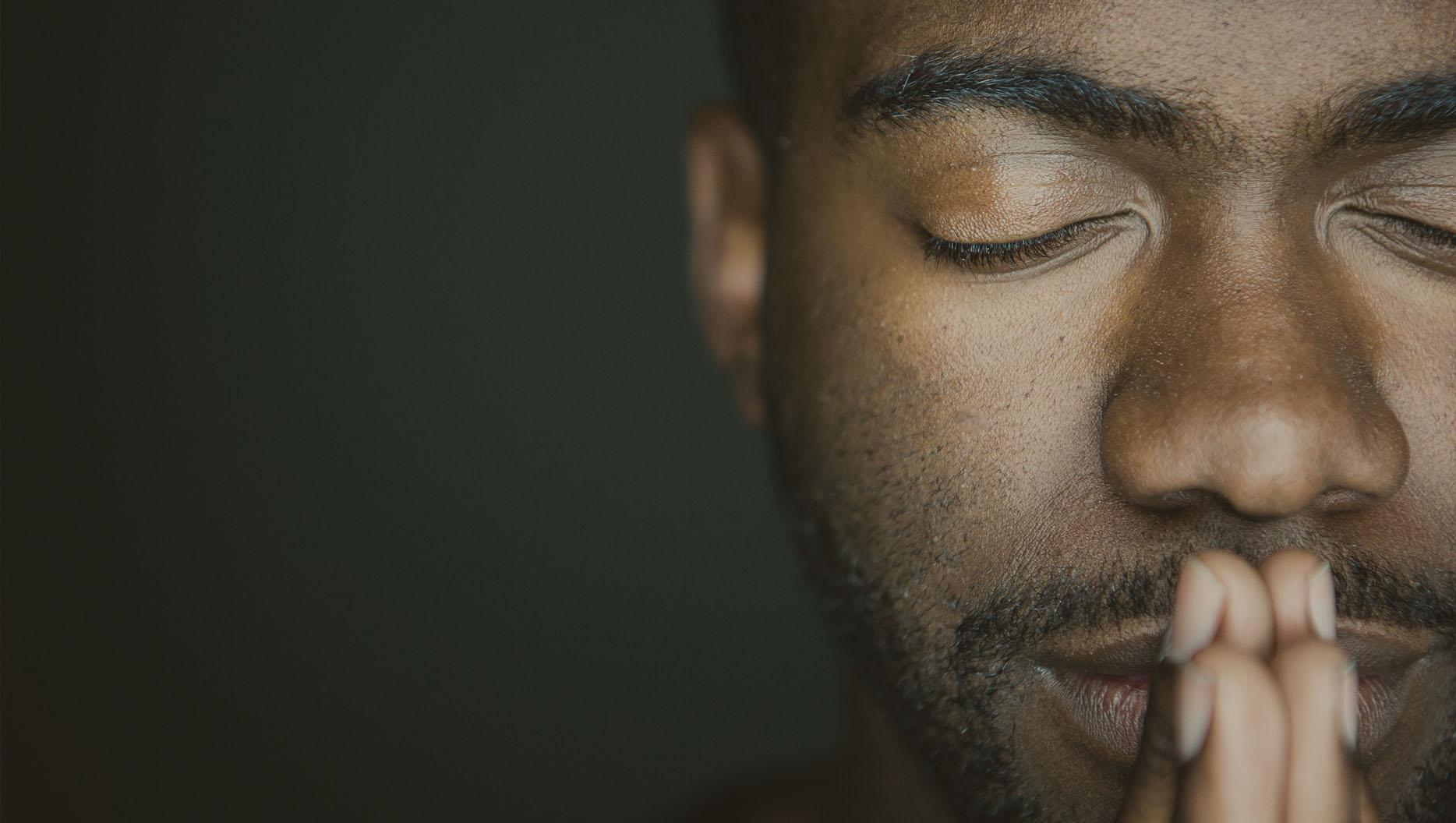In biblical counseling, we certainly hope to speak and write what is true. Even more, we prefer to write what is both true and lived. This story has been lived in marriage, which, for me, is a laboratory of love and wisdom that I hope affects my other relationships.
Over the last six months, my wife has had some erratic and difficult physical symptoms. From the moment they started, I knew they were alarming to her—and she rarely gets alarmed. Within the first few days, I knew that the symptoms were not simply going to pass, so I was committed to going through them with her. I didn’t know all the details of what that meant, but I knew it meant that I wanted to be a compassionate partner.
A month after the symptoms emerged, I had to go out of town for two nights. Though I think she misses me during those times, usually life remains business as usual for her. So I was surprised when she asked, “Do you have to go?” She had never asked such a question before. I responded that yes, I thought it best for me to go. As usual, I called her while I was gone. She mentioned that she was concerned about staying home by herself, which seemed unusual because she is not prone to fear. She said that the uncertainty about her health concerned her and thought it might be better to have other people around. When I called her the next day, she told me that she slept at our younger daughter’s house. When I asked why, she said because she didn’t want to die at home alone, scaring whoever would find her.
This motivated me to be more attentive and more determined to enter in, know her, and bear the burden with her. I knew that she wanted me to share in this experience, and I wanted to do that very thing. To that end, I would often ask her, “How are your symptoms today?” and “Tell me more about them; help me to understand.” I was confident that if I worked at understanding her, I could do it.
A couple of weeks later, she asked, “How are you? Have you been anxious about what is happening?” I understood her question. She was asking if I was, indeed, sharing her burden with her. I responded carefully and ineffectively. “Well…your doctors don’t quite understand what is happening, but they seem to think that this is not necessarily an imminent danger, so I guess I am waiting to discover more about what is happening.”
This was not exactly entering in. I knew it and she knew it. But I was still diligently trying to, and despite missing the mark here, I was headed in the right direction.
Around five months into her symptoms, we were eating dinner together and she said, “I feel alone in this.” That I understood. I had been trying to grow in sharing the burden with her. I had gone with her to all her medical appointments. I was still asking her questions about how she felt. I also knew that I still fell short. She had good reason to feel alone.
Here is what came out of the “marriage lab” that evening. The problem was not my lack of desire or diligence in sharing her burden. The problem was deeper. The problem was that, even when I knew my attempts were inadequate, I still believed that my natural abilities could get me there. I was a counselor. I just needed to apply myself. Compassion was natural enough for me, and I had done it before. I was taking the right steps.
But I never prayed. I certainly prayed with her and for her, but I never prayed that God would help me to bear the burden with her. Though I believe the Spirit gave me the desire to enter in, I never prayed for help to actually do so. I didn’t think I needed help. "Pray in the Spirit on all occasions with all kinds of prayers and requests" (Eph 6:18).
I was a witness to how suffering, experienced differently by each spouse, can gradually push couples apart. It happens all the time after tragedies such as the loss of a child. What I witnessed was something less intense but just as important. I assumed unity would just happen. I don’t pray that God would give me the strength to get out of bed in the morning, walk to the kitchen, and make coffee, because I can do that naturally. Unity, however, is not natural. It is a gift of God given to his needy people.
Watch out for this response: “I’ll try harder.” Men, in particular, are prone to say this, but given what I have learned, such a response is certain to fail. They might have good intentions, but this is foolishness for those who know Jesus. It sets us out on an independent path—without God—and as a result, without our spouse. If you think that you can do it on your own, you are, indeed, on your own.
Today, I read the story of the two blind men who saw Jesus as he was on the road to Jericho. They cried out, “Lord, have mercy on us” (Matt 20:30). Only his mercy will give us the grace we need to truly bear burdens with those we love.
My wife’s physical symptoms are being treated and are significantly improved, for which we are both thankful. My spiritual symptoms are improving as well.




